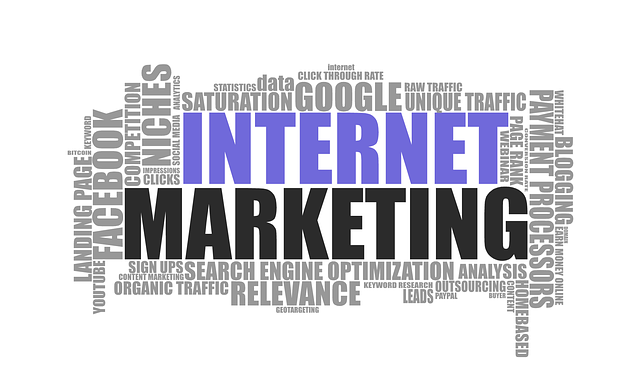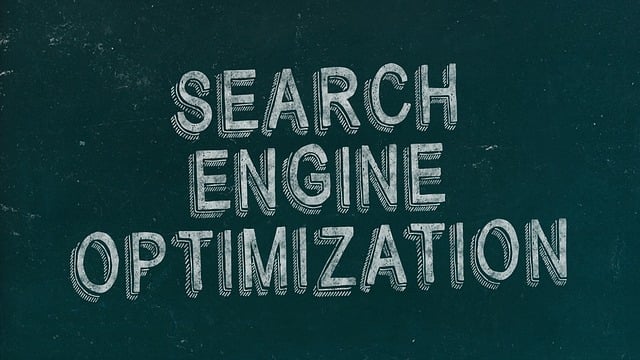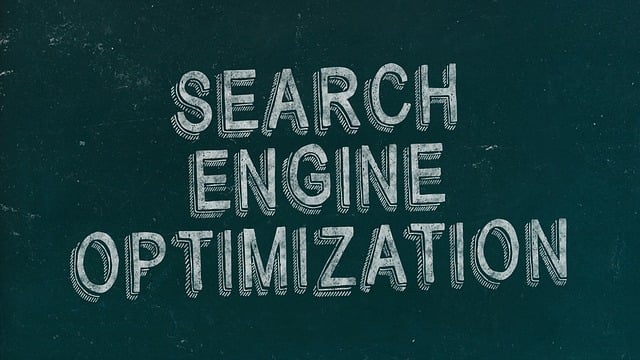AI chatbots are transforming food truck operations by managing complex scheduling tasks using machine learning to predict trends and optimize routes, reducing wait times and boosting customer satisfaction. By integrating these tools with existing systems through strategic planning focused on data preparation, API development, and testing, businesses can enhance operational efficiency, minimize costs, and improve delivery flexibility, ultimately increasing profitability.
In today’s digital era, AI chatbots are transforming industries, notably in the realm of food truck management. These intelligent assistants offer a revolutionary solution to the age-old challenge of scheduling and route optimization. This article explores how AI business applications, specifically chatbots, can streamline operations by understanding customer demands and efficiently planning delivery routes. We delve into developing machine learning models for optimal truck routing, providing a step-by-step guide to integrate these innovations into existing systems. Discover how AI chatbots for food truck scheduling are reshaping the landscape of mobile cuisine.
- Understanding AI Chatbots and Their Role in Food Truck Scheduling
- Developing a Machine Learning Model for Efficient Truck Route Optimization
- Integrating the ML Model with Existing Systems: A Step-by-Step Guide
Understanding AI Chatbots and Their Role in Food Truck Scheduling

AI chatbots are transforming the way we interact with services, and their potential extends beyond customer service. In the dynamic world of food trucks, AI chatbots for scheduling play a pivotal role in optimizing operations. These intelligent systems can handle complex tasks such as managing bookings, balancing demand, and coordinating multiple locations.
By leveraging machine learning algorithms, AI chatbots can learn from past interactions to predict future patterns. This enables them to suggest optimal schedules for truck deployment, minimizing wait times and maximizing customer satisfaction. Moreover, they can accommodate last-minute changes, ensuring efficient resource allocation. This technology promises to revolutionize the food truck industry, making it more organized, responsive, and profitable.
Developing a Machine Learning Model for Efficient Truck Route Optimization

In today’s digital era, developing efficient Machine Learning (ML) models is transforming various industries, and trucking is no exception. Optimizing truck routes using AI chatbots for food truck scheduling can significantly reduce operational costs and enhance delivery efficiency. By leveraging historical data on traffic patterns, weather conditions, and customer demand, ML algorithms can predict the optimal paths, minimizing travel time and fuel consumption.
These models employ advanced techniques such as supervised learning to analyze past route data and unsupervised learning to identify emerging trends and inefficiencies. Consequently, they generate dynamic routes that adapt to real-time changes, ensuring food trucks deliver orders promptly while maintaining operational agility. This not only enhances customer satisfaction but also contributes to the overall sustainability of trucking operations.
Integrating the ML Model with Existing Systems: A Step-by-Step Guide

Integrating a Machine Learning (ML) model, such as an AI chatbot designed for food truck scheduling, with existing systems is a strategic process that requires careful planning and execution. Start by identifying the specific tasks or workflows where the ML model can add value. This could involve streamlining scheduling processes, managing orders, or optimizing routes. Next, assess your current systems to understand their capabilities and limitations in relation to the ML model’s functions.
Create a clear integration plan, mapping out the steps required to seamlessly connect the new technology with existing infrastructure. This may include data preparation, API development, and system testing. Ensure compatibility and data security throughout by aligning data formats, protocols, and access permissions. Proper integration enables efficient data flow between the ML model and other systems, enhancing overall operational efficiency for food truck businesses.
AI chatbots are transforming the way we manage food trucks, offering efficient solutions through advanced machine learning models. By optimizing route planning and integrating these systems with existing infrastructure, businesses can enhance operational productivity, reduce costs, and provide improved customer experiences. The development of AI business applications, particularly in chatbot technology, is a game-changer for the food truck industry, promising a brighter, more organized future.
